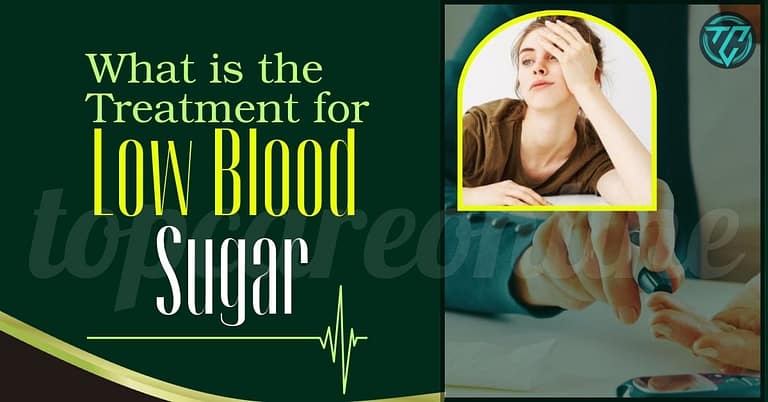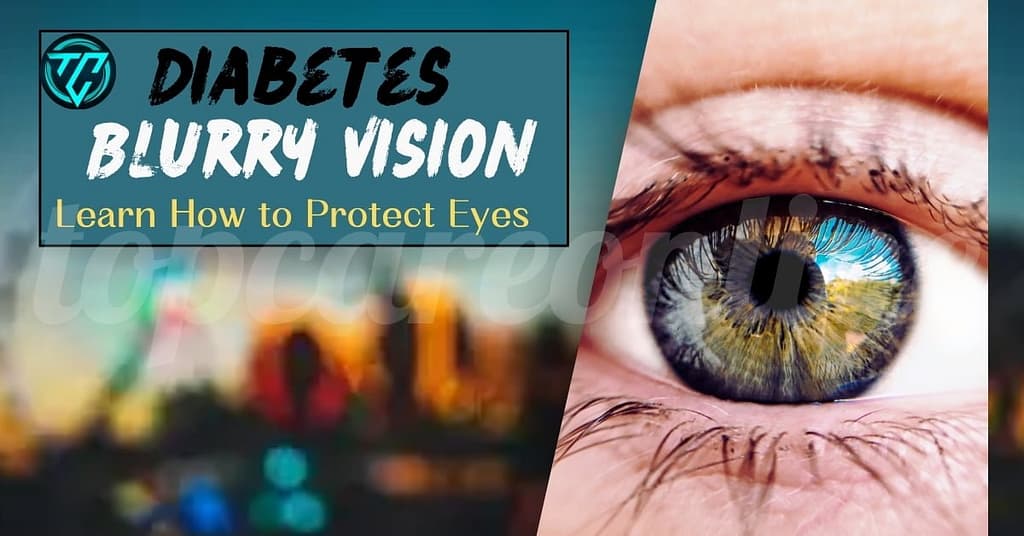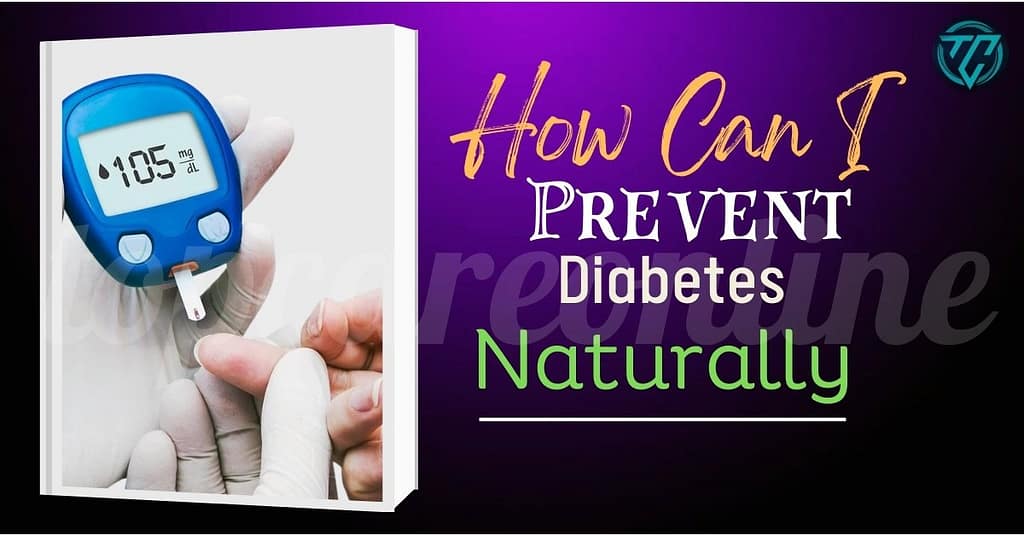Common Causes | Symptoms | Treatment | Long-Term Prevention | When to Seek Medical Attention
Understanding Low Blood Sugar: Causes and Symptoms
Low blood sugar, or hypoglycemia, is a condition characterized by an abnormally low level of glucose in the blood. Glucose, derived from the foods we eat, is the body’s primary source of energy. When glucose levels drop below the normal range, it can lead to a range of symptoms and potential health complications. Understanding the causes and symptoms of hypoglycemia is essential for effective management and prevention.
Common Causes of Low Blood Sugar
Low blood sugar, also known as hypoglycemia, can occur in individuals with diabetes who are taking medications that lower blood sugar levels, such as insulin or certain oral diabetes medications.
Here are common causes of low blood sugar:
- Medications:
- Insulin: Injected insulin is a common cause of low blood sugar, especially if the dose is too high relative to the amount of carbohydrates consumed or physical activity level.
- Sulfonylureas and Meglitinides: Oral medications like glipizide, glyburide, glimepiride, and repaglinide stimulate the pancreas to release more insulin, which can sometimes lead to hypoglycemia if not taken with enough food or if the dose is too high.
- Skipping Meals or Delayed Meals:
- Not eating regular meals or snacks, or delaying meals beyond usual times, can lead to low blood sugar, especially if you’ve taken insulin or diabetes medications that increase insulin production.
- Increased Physical Activity:
- Exercise can lower blood sugar levels by increasing insulin sensitivity and glucose uptake into muscles. However, if insulin or medications are not adjusted accordingly or if exercise is prolonged or intense, it can lead to hypoglycemia.
- Alcohol Consumption:
- Alcohol can interfere with the liver’s ability to release glucose and can increase the risk of hypoglycemia, especially if consumed on an empty stomach or in large amounts.
- Inconsistent Carbohydrate Intake:
- Not consuming enough carbohydrates to balance the effect of insulin or diabetes medications can cause blood sugar to drop too low.
- Illness or Stress:
- Illness, infection, or physical stress can increase the body’s demand for glucose and affect how your body responds to insulin or diabetes medications, potentially leading to hypoglycemia.
- Change in Medication or Dosage:
- Starting a new diabetes medication or adjusting the dosage of insulin or oral medications can sometimes result in hypoglycemia until the body adjusts to the new regimen.
- Hormonal Changes:
- Hormonal fluctuations, such as during menstrual cycles or changes in hormone levels due to conditions like adrenal insufficiency, can affect blood sugar levels and increase the risk of hypoglycemia.
- Kidney or Liver Problems:
- Impaired kidney or liver function can affect the metabolism and clearance of insulin and glucose, potentially leading to hypoglycemia.
It’s important for individuals with diabetes to monitor their blood sugar levels regularly, especially when starting new medications, adjusting doses, or experiencing changes in routine, diet, or physical activity. Being aware of the common causes of low blood sugar and taking steps to prevent and treat hypoglycemia promptly can help avoid serious complications.
What are Symptoms for Low Blood Sugar
Low blood sugar, also known as hypoglycemia, can occur in individuals with diabetes who take insulin or certain medications to lower blood sugar levels. Symptoms of hypoglycemia can vary depending on how quickly blood sugar levels drop and how low they go.
Common symptoms include:
- Shakiness or Trembling: Feeling shaky, jittery, or trembling is often an early sign of low blood sugar.
- Sweating: Experiencing sudden sweating, even if the environment is cool or comfortable.
- Hunger: Feeling unusually hungry, even if you have recently eaten.
- Dizziness or Light-headedness: Feeling dizzy, light-headed, or like you might faint.
- Confusion or Difficulty Concentrating: Having trouble focusing or thinking clearly.
- Irritability or Mood Changes: Feeling cranky, irritable, or anxious.
- Weakness or Fatigue: Feeling weak, tired, or lacking energy.
- Headache: Sometimes, a headache can accompany low blood sugar.
- Blurred Vision: Vision may become blurry or impaired.
- Numbness or Tingling: Numbness or tingling, especially around the lips or tongue.
In severe cases of hypoglycemia, individuals may experience:
- Severe Confusion or Disorientation
- Seizures
- Loss of Consciousness
It’s important to note that symptoms can vary from person to person, and some individuals may not experience recognizable symptoms before severe hypoglycemia occurs, a condition known as hypoglycemia unawareness.
Please have a look if you have diabetes symptoms. If you have diabetes and suspect you are experiencing low blood sugar, it’s important to check your blood glucose levels using a glucose meter if possible. If your blood sugar is below your target range or if you are experiencing symptoms of hypoglycemia, you should promptly treat it by consuming fast-acting carbohydrates such as glucose tablets, fruit juice, regular soda (not diet), or glucose gel. If symptoms are severe or you are unable to treat yourself, seek immediate medical attention.
By understanding the underlying causes and recognizing the symptoms of hypoglycemia, individuals can better manage their condition and prevent potentially dangerous episodes. Proper education and awareness are key components in maintaining stable blood sugar levels and overall health.
What is the Treatment for Low Blood Sugar
Treatment for low blood sugar, also known as hypoglycemia, depends on the severity of symptoms and how quickly they develop. Here are the steps to treat low blood sugar effectively:
Mild to Moderate Hypoglycemia (Above 70 mg/dL):
- Immediate Treatment:
- Consume 15-20 grams of fast-acting carbohydrate to raise blood sugar quickly. Examples include:
- 4-6 glucose tablets
- 4 ounces (1/2 cup) of fruit juice or regular soda (not diet)
- 1 tablespoon of sugar, honey, or maple syrup
- 8 ounces (1 cup) of milk
- 5-6 hard candies (not sugar-free)
- 1 tablespoon of raisins
Wait and Monitor:
- After taking the initial dose of fast-acting carbohydrate, wait for 15 minutes, then check your blood sugar again.
- If your blood sugar is still below 70 mg/dL or you still feel symptoms of hypoglycemia, repeat the treatment with another 15-20 grams of fast-acting carbohydrate.
Follow-Up:
Once your blood sugar returns to normal (above 70 mg/dL), consume a snack or meal that includes protein and complex carbohydrates to help stabilize your blood sugar levels.
Severe Hypoglycemia (Below 54 mg/dL):
Immediate Treatment:
If you are unable to swallow, unconscious, or having seizures due to hypoglycemia, someone should administer glucagon (if available) and call emergency services immediately.Glucagon is a hormone that rapidly increases blood sugar levels. It comes in a kit and can be injected into the muscle or under the skin.
Emergency Medical Attention:
If glucagon is not available or the person does not respond quickly, emergency medical personnel can administer glucose intravenously (IV) or glucagon.
Preventing Recurrence:
Identify Triggers:
Monitor blood sugar levels regularly and identify patterns or triggers that may lead to hypoglycemia, such as skipping meals, excessive insulin or medication doses, or increased physical activity without adjusting insulin or carbohydrate intake.
Adjust Treatment Plan:
Work with your healthcare team to adjust your diabetes management plan, including insulin or medication dosages, meal timing, and exercise routines, to reduce the risk of future hypoglycemic episodes.
Carry Identification:
Wear a medical alert bracelet or necklace that indicates you have diabetes and are at risk of hypoglycemia, especially if you use insulin or medications that can lower blood sugar.
Monitoring:
Continuous Glucose Monitoring (CGM): For individuals at high risk of hypoglycemia, CGM systems can provide real-time alerts and trends in blood sugar levels to help prevent and manage hypoglycemia.
Treating low blood sugar promptly and effectively is crucial to prevent serious complications such as seizures, unconsciousness, or even death. It’s important to be prepared and educate family members, friends, or coworkers about how to assist in case of a severe hypoglycemic episode. Always follow your healthcare provider’s recommendations for managing hypoglycemia based on your individual needs and diabetes management plan.
Moreover, it is wise to always have a supply of fast-acting carbohydrates readily available, whether at home, work, or while traveling. This preparedness can make a significant difference in quickly addressing low blood sugar episodes. By following these immediate steps and having a solid management plan in place, individuals can better control hypoglycemia and reduce the risk of severe complications.
Long-Term Management and Prevention Strategies
Managing long-term control of low blood sugar (hypoglycemia) involves several key strategies to ensure stable blood glucose levels and prevent recurring episodes. Here are some effective methods:
- Monitor Blood Glucose Levels Regularly:
- Consistently check your blood sugar levels as recommended by your healthcare provider. This helps you understand your body’s patterns and responses to different factors.
- Balanced Diet:
- Eat regular, balanced meals that include complex carbohydrates, lean proteins, and healthy fats. Avoid skipping meals, as this can lead to drops in blood sugar levels.
- Carbohydrate Consistency:
- Try to consume consistent amounts of carbohydrates throughout the day. This can help stabilize blood sugar levels and prevent sudden drops.
- Medication Management:
- If you take insulin or other glucose-lowering medications, follow your prescribed dosage and timing strictly. Adjustments may be needed based on your activity level, diet, and overall health.
- Exercise Carefully:
- Physical activity can lower blood sugar levels, so monitor your blood sugar before and after exercise. Carry fast-acting carbohydrates (like glucose tablets or juice) in case your blood sugar drops during or after physical activity.
- Alcohol Awareness:
- Limit alcohol intake, as it can cause hypoglycemia, especially if consumed on an empty stomach or in excess.
- Awareness of Symptoms:
- Learn to recognize the early signs and symptoms of low blood sugar, such as sweating, shakiness, hunger, dizziness, and confusion. Promptly treat low blood sugar to prevent it from worsening.
- Medical Alert Bracelet:
- Consider wearing a medical alert bracelet or necklace that indicates you have diabetes and are at risk of hypoglycemia. This can be crucial in emergency situations where you may need assistance.
- Educate Others:
- Inform your family members, friends, and coworkers about the signs of low blood sugar and what actions they should take if you experience severe symptoms or lose consciousness.
- Regular Healthcare Visits:
- Schedule regular check-ups with your healthcare provider to review your diabetes management plan, adjust medications if needed, and discuss any concerns or challenges you may be facing.
By following these strategies consistently, you can effectively manage and reduce the risk of long-term complications associated with low blood sugar levels. Always consult with your healthcare provider for personalized advice and guidance tailored to your specific health needs.
When to Seek Medical Attention
Seeking medical attention for low blood sugar (hypoglycemia) is crucial to prevent serious complications. Here are situations when you should seek immediate medical help:
Severe Symptoms: If you experience severe symptoms of hypoglycemia that do not improve after taking glucose tablets, food, or drink, seek medical attention promptly. Severe symptoms include:
- Confusion or inability to concentrate
- Seizures or convulsions
- Loss of consciousness or inability to awaken
- Weakness or numbness, especially on one side of the body
- Difficulty speaking or slurred speech
- Inability to Treat Yourself: If you are unable to treat yourself due to confusion, unconsciousness, or inability to swallow, others should seek emergency medical help for you.
- Recurrent Episodes: If you are experiencing frequent or recurrent episodes of hypoglycemia despite following your diabetes management plan, your healthcare provider may need to adjust your medications or treatment regimen.
- Prolonged Low Blood Sugar: If your blood sugar remains low for an extended period, even after consuming glucose or sugary foods, it’s important to get medical attention to avoid complications.
- Diabetes Complications: If you have underlying complications of diabetes, such as heart disease or kidney problems, hypoglycemia may pose a greater risk and require medical evaluation.
- Concerns About Hypoglycemia Unawareness: If you are unaware of the symptoms of hypoglycemia due to hypoglycemia unawareness, which can occur in some individuals with diabetes, you may not realize you are experiencing low blood sugar until it becomes severe. This situation warrants medical evaluation and possibly adjustments in your management plan.
- Persistent Symptoms: If you have persistent symptoms of hypoglycemia, such as sweating, shakiness, or dizziness, that do not resolve with treatment, it’s important to seek medical advice.
In any of these situations, do not hesitate to contact emergency medical services (such as calling 911 in the United States) or go to the nearest emergency department. It’s important to treat low blood sugar promptly to prevent it from progressing to a severe state that could lead to loss of consciousness or other serious complications.




